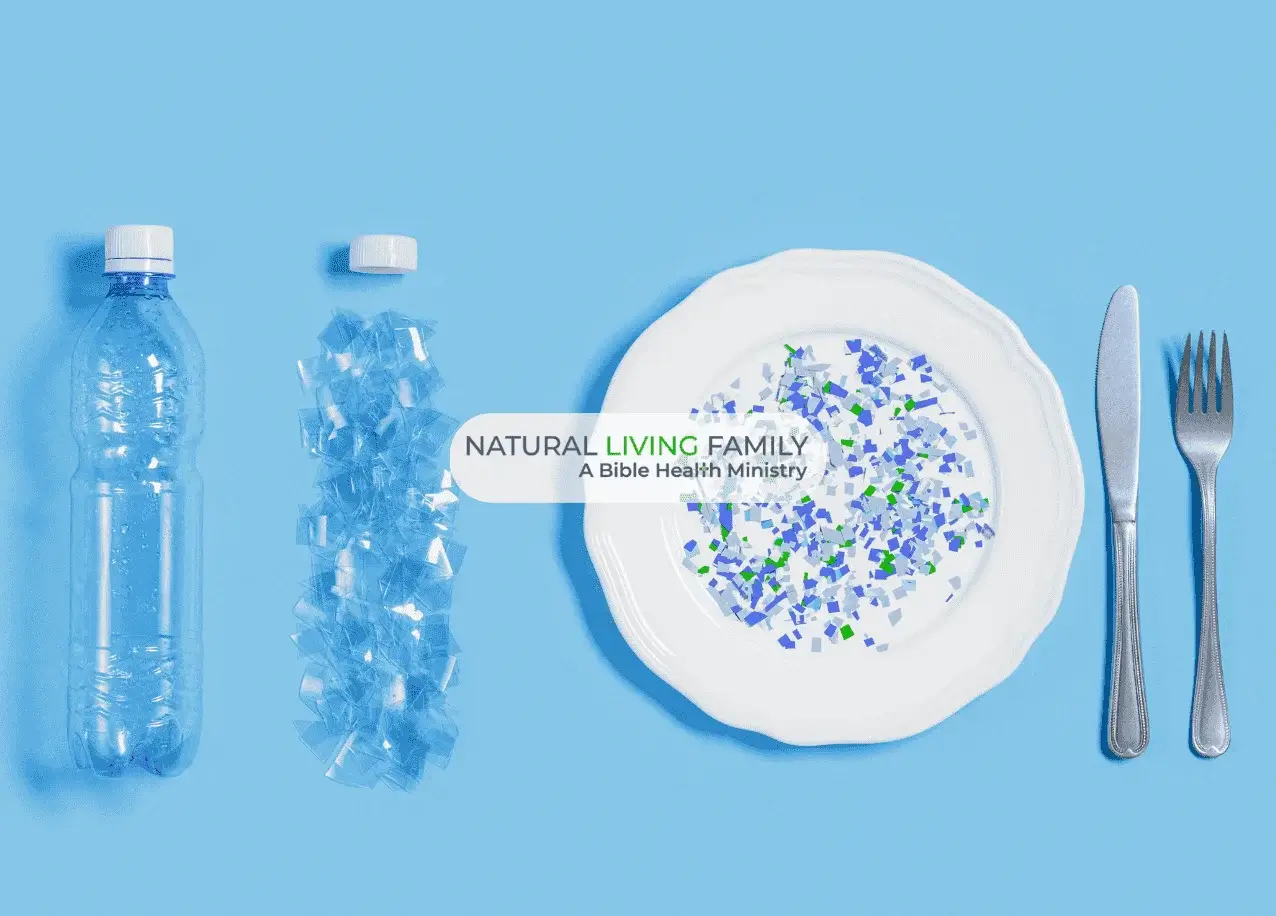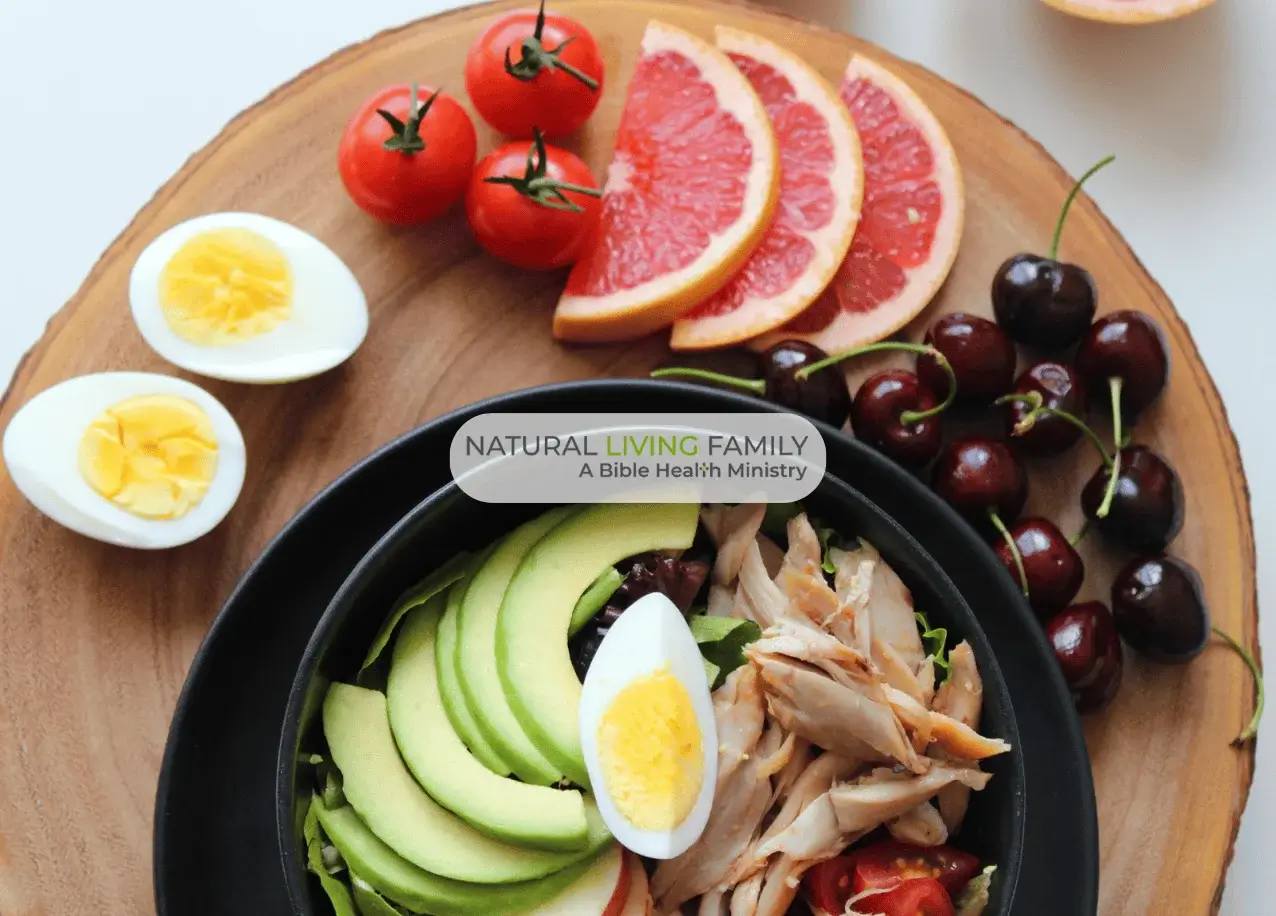What are the benefits of glutathione and what exactly is it anyway? There are almost 117,000 scientific articles written about this driving force of a molecule.
Table of Contents
What is Glutathione? Defining Glutathione
Professionals are identifying that a shocking number of people are lacking glutathione benefits due to the following:
- Genetically modified foods
- Aging prematurely
- Illnesses
- Injuries
- Environmental pollutants
- Not so “healthy” food
- Fake sugar
- Chronic Stress
- Abuse of antibiotics
- Radiation treatment
Mark Hyman, MD, calls glutathione “The Mother of All Antioxidants,” because it is one of the most popular subjects in the natural health world today. (1) The term is pronounced “gloota-thigh-own.”
Glutathione (GSH) is a peptide made of three important amino acids. This molecule is essential for the vitality of the human body. People who research longevity believe that GSH in our cells is crucial to health and determines how long we will live. (2, 3)
GSH is key for our health and immune system because it is produced in every cell of our body. Gustavo Bounous, MD, a retired professor of surgery in Montreal at McGill University says, “It’s the [body’s] most important antioxidant because it’s within the cell.” (4) The body takes the amino acids to produce L-cysteine, L-glutamic acid, and glycine.
Glutathione Benefits – GSH is in control of the following functions:
- Linking drugs together to make them easier to digest
- Helping molecules and enzymes including glutathione peoxidase as a cofactor
- Assisting in protein disulfide bond rearrangement, which is crucial for the biogenesis of many human proteins
- Reducing peroxides, which are natural but harmful bleaching proxies
- Producing leukotriene, which is essential to inflammation and hypersensitive reactions
- Detoxifying the liver before bile is released, which relieves gallbladder stress
- Detoxifying methylglyoxal, a toxic derivative from metabolism
- Apoptosis from cancer
Glutathione Benefits – Not only does GSH help these vital functions, but it also benefits the following:
- Fighting cancer (5)
- Helping put off drug resistance
- Protecting from environmental pollutants
- Promoting T-cell performance, which is good for the immune system (6)
- Plays a prominent role in the immune system purpose (7)
Glutathione Benefits & the Relationship with Cancer
The correlation between GSH research and cancer is very favorable. “By conferring resistance to a number of chemotherapeutic drugs,” a significant study in 2004 in the Cell Biochemistry and Function states, “elevated levels of glutathione in tumor cells are able to protect such cells in the bone marrow, breast, colon, larynx, and lung cancers.” (8)
However, the opposite is also true. Italian researchers from the Department of Experimental Medicine, Section of General Pathology (Genoa) state that GSH deficiency causes cells to be more vulnerable to oxidative stress, which causes cancer to develop in the human body.
A large number of researchers are giving credit to glutathione deficiency for neurological disease and cancer. (9, 10). Researchers have discovered that GSH is a stronger anti-cancer agent than previous studies indicated. Jeremy Appleton, ND – chairman of the department of nutrition at the National College of Naturopathic Medicine in Portland Oregon stated:
“If you look in a hospital situation at people who have cancer, AIDS, or other very serious disease, almost invariably they are depleted in glutathione. The reasons for this are not completely understood, but we do know that glutathione is extremely important for maintaining intracellular health.” (11)
Some oppose GSH and its health benefits because no one knows why GSH can be exhausted in patients and why it is so effective in fighting cancer.
GSH is naturally made by our cells, so no one has ever “overdosed” on glutathione when using it as a supplement. There are clinical trials that correlate GSH to asthmatics having constricted airways. (12)
In addition, scientists are unclear as to how the human body reacts to synthetic pills you purchase online or buy at a health food store. (13) I recommend that you consume the nine natural supplements and avoid anything that is synthetic.
Appleton confirms the following:
“There’s no evidence that supplementing with glutathione, even intravenously, is in any way going to make any cancer worse. In fact, the evidence we have suggests the opposite. It suggests that glutathione and other antioxidants, far from interfering with the activity of chemotherapy, appear to reduce side effects without decreasing efficacy and may, in fact, improve the efficacy of the chemotherapy in fighting cancer.”
8 Glutathione Boosting Foods to Eat
The National Institute of Health (NIH) confirms that GSH deficiency is “very rare.” However, there is a large number of reliable sources that confirm the opposite. (14) I recommend that you use common sense to boost your GSH levels.
Ultimately, if you consume these 9 foods and supplements, you will have good health and wellness, and you will get to enjoy the benefits of naturally occurring glutathione benefits.
1. Sulfur Foods
It has been proven that a deficiency in sulfur amino acids causes a decrease in GSH in the liver and lungs. I highly recommend a diet with sulfur and cancer-fighting cruciferous vegetables as part of a daily nutrition plan. These include the following:
- Cabbage
- Collard Greens
- Mustard Greens
- Arugula
- Bok Choy
- Watercress
- Brussel Sprouts
- Cauliflower
- Broccoli
- Kale
- Radish
- Turnip
2. Raw Liver
Some claim that you can boost glutathione levels by eating this nutritious organ from a grass-fed organic cow. Personally, I prefer a plant-based diet and would caution against this unless you are certain of the source and consume only a small amount at a time.
3. Milk Thistle
This has been used for hundreds of years in traditional medicine to help with a poor immune system. Silymarin, in particular, is a flavonoid complex that comes from the milk thistle plant. This has been used to repair liver damage and biliary tract disease.
Many scientists say that milk thistle can enhance GSH. It has boosted GSH levels in ethanol-induced rats, and it has protected the liver from toxic alcohol consumption. This is especially important because alcohol can cause glutathione to decline in the cells.
4. N-acetyl Cysteine
N-acetyl cysteine is a useful asthma therapy. NAC helps with asthma attacks by increasing glutathione and thinning the bronchial mucus, which decreases the severity of wheezing. It has been proven that NAC helps treat neurocognitive issues such as addiction, compulsive behaviors, schizophrenia, and bipolar disorders. (15) I recommend that one take 200-500 mg of NAC per day.
5. Selenium
Selenium works as a strong antioxidant and is essential to your body to create GSH. It is important that you consume these top selenium foods.
- Spinach – 1 cup: 11 mcg (16% Daily Value)
- Grass-fed beef – 3 oz: 33 mcg (47% Daily Value)
- Egg – 1 large, 15 mcg (21% Daily Value)
- Turkey, boneless – 3 oz: 31 mcg (44% Daily Value)
- Chicken – 3 oz: 22 mcg (31% Daily Value)
- Beef liver – 3 oz: 28 mcg (40% Daily Value)
- Sardines, canned – 3 oz: 45mcg (64% Daily Value)
- Brazil nuts – 1 oz (6-8 nuts): 544 mcg (over 100% Daily Value)
- Halibut, cooked – 3 oz: 47mcg (67% Daily Value)
- Yellow fin tuna – 3 oz: 92 mcg (over 100% Daily Value)
6. Alpha Lipoic Acid
I have a plan to Reverse Diabetes Naturally in 30 Days or Less and I encourage people to take 300-1200 mg of alpha lipoic acid to improve the sensitivity to insulin and decrease the symptoms of diabetic neuropathy. Taking alpha lipoic acid has been proven to improve total blood GSH and lymphocyte function in HIV/Aids patients. (16)
7. Methylation Nutrients
(Vitamins B6, B9, B12, and biotin): Dr. Mark Hyman says that methylation ingredients “are perhaps the most critical to keep the body producing glutathione.” (17) The most natural way to consume methylation ingredients is to eat these top folate foods:
- Asparagus – ½ cup: 134 mcg (33% Daily Value)
- Avocado – ½ cup: 61 mcg (15% Daily Value)
- Beets – ½ cup: 68 mcg (17% Daily Value)
- Black-eyed peas – ½ cup: 112 mcg (28% Daily Value)
- Broccoli – 1 cup: 57 mcg (14% Daily Value)
- Garbanzo beans (chickpeas)– ½ cup: 557 mcg (over 100% Daily Value)
- Lentils – ½ cup: 179 mcg (45% Daily Value)
- Liver – 3oz: 221 mcg (55% Daily Value)
- Pinto Beans – ½ cup: 146 mcg (37% Daily Value)
- Spinach – 1 cup: 56mcg (14% Daily Value)
8. Vitamins C & E
Both of these vitamins work together to salvage GSH in the cells. Eating these foods will benefit the body:
- Broccoli – ½ cup cooked: 51 mg (107% Daily Value)
- Brussels sprouts – ½ cup cooked: 48 mg (80% Daily Value)
- Grapefruit – ½ cup: 43 mg (71% Daily Value)
- Green peppers – ½ c chopped, raw: 60 mg (100% Daily Value)
- Guava – 1 fruit: 125 mg (over 100% Daily Value)
- Kale – 1 cup: 80 mg (134% Daily Value)
- Kiwi – 1 piece: 64 mg (33% Daily Value)
- Oranges – 1 large: 82 mg (over 100% Daily Value)
- Red peppers – ½ cup chopped, raw: 95 mg (over 100% Daily Value)
- Strawberries – ½ cup: 42 mg (70% Daily Value)
- Almonds – 1 oz: 7.3 mg (27% Daily Value)
- Avocado – 1 whole: 2.7 mg (10% Daily Value)
- Butternut squash -1 cup, cubed: 2 mg (7% DV
- Olive oil – 1 Tbsp.: 2 mg (7% Daily Value)
- Palm Oil – 1 Tbsp.: 2.2 mg (11% Daily Value)
- Spinach – 1 bunch: 6.9 mg (26% Daily Value)
- Sweet potato – 1 Tbsp.: 4.2 mg (15% Daily Value)
- Sunflower seeds – 2 Tbsp.: 4.2 mg (15% Daily Value)
- Trout – 3 oz: 2 mg (7% Daily Value)
- Wheat germ – 1 ounce: 4.5 mg (17% DV)
You may find that eating foods rich in bioactive compounds like glutathione will transform your health without the need for drugs or medications.
References:
- https://www.huffpost.com/entry/glutathione-the-mother-of_b_530494
- https://pubmed.ncbi.nlm.nih.gov/8001743/
- https://pubmed.ncbi.nlm.nih.gov/24835770/
- https://www.medicinenet.com/script/main/art.asp?articlekey=50746
- https://www.hindawi.com/journals/omcl/2013/972913/
- https://pubmed.ncbi.nlm.nih.gov/12165276/
- https://pubmed.ncbi.nlm.nih.gov/11115795/
- https://pubmed.ncbi.nlm.nih.gov/15386533/
- https://pubmed.ncbi.nlm.nih.gov/11013356/
- https://pubmed.ncbi.nlm.nih.gov/21191602/
- https://www.medicinenet.com/script/main/art.asp?articlekey=50746
- https://pubmed.ncbi.nlm.nih.gov/9279219/
- https://www.webmd.com/vitamins/ai/ingredientmono-717/glutathione
- https://ghr.nlm.nih.gov/condition/glutathione-synthetase-deficiency
- https://www.ncbi.nlm.nih.gov/pmc/articles/PMC3044191/
- https://pubmed.ncbi.nlm.nih.gov/18315507/
- https://www.huffpost.com/entry/glutathione-the-mother-of_b_530494











